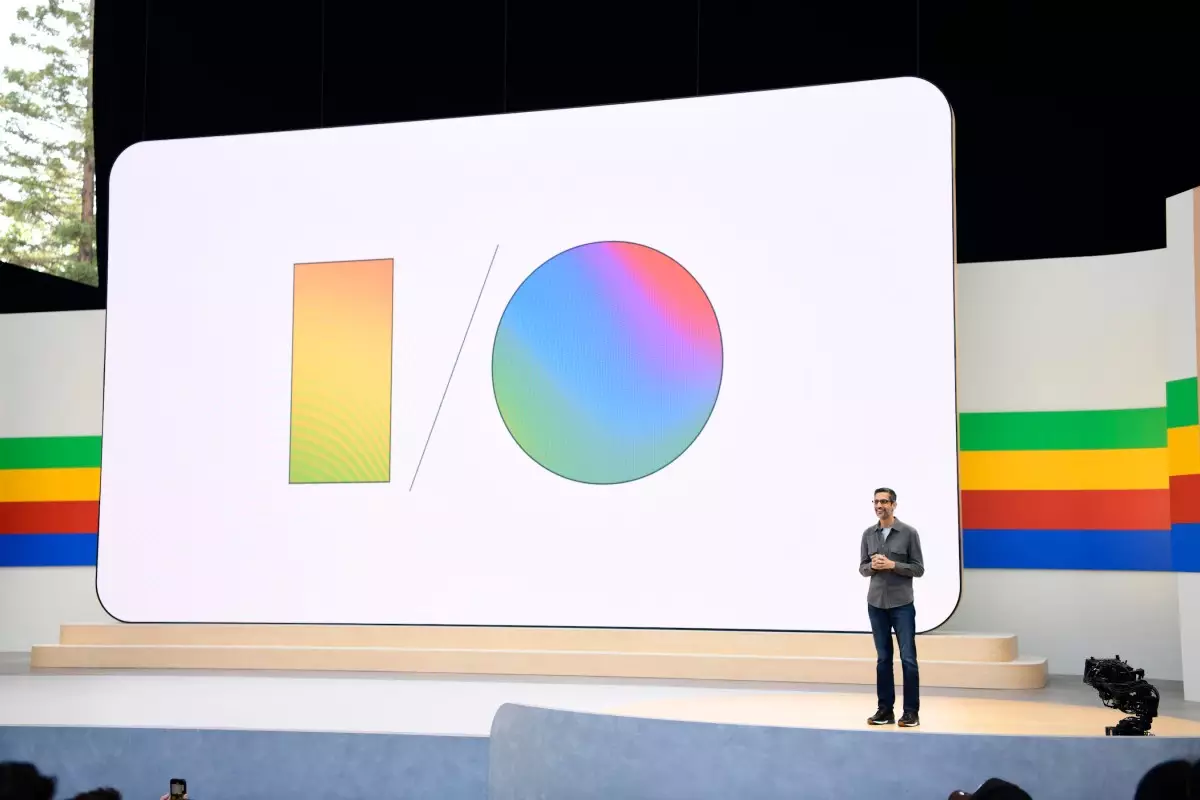As May 20 and 21 approach, tech enthusiasts and developers are brimming with excitement for Google I/O, Google’s premier annual developer conference. Set against the vibrant backdrop of the Shoreline Amphitheatre in Mountain View, this year’s event promises to be a landmark occasion. With product revelations spanning Google’s extensive digital ecosystem, from Android enhancements to the latest advancements in AI, attendees are prepared for a revealing spectacle that could reshape user experiences across various platforms.
The spotlight this year will undoubtedly be on artificial intelligence, a technology that continues to redefine possibilities while garnering both enthusiasm and skepticism. Google has cemented its role as a leader in AI development, heavily investing in its flagship chatbot, Gemini, and the wider Gemini family of AI models. This curiosity culminates in the launch of Gemini Ultra, a high-performance model rumored to be on the horizon. The potential introduction of a new tiered subscription system—Premium Plus and Premium Pro—could reshape how users access these powerful tools, though the specifics of pricing and features remain uncertain.
AI Innovations Taking Center Stage
The growing emphasis on AI isn’t just a trend; it signifies a paradigm shift in how we interact with technology. At Google I/O, the unveiling of tools and applications under the Astra initiative will be crucial in demonstrating how AI can facilitate real-time, multimodal comprehension. Astra aligns seamlessly with Project Mariner, an ambitious undertaking aimed at equipping AI agents to effectively navigate the web, automating tasks on behalf of users in an efficient fashion. This effort highlights a broader commitment to creating a more interconnected and intelligent digital landscape.
Despite some backlash surrounding the unchecked growth of AI—worries gallivanting around ethical implications, job displacement, and societal impacts—Google seems poised to lead the charge in responsible AI integration. The commitment to transparency and meaningful applications will likely be emphasized throughout the I/O event, especially given recent scrutiny over AI-generated content and biases.
Revamping Android: A Fresh Perspective
Adding to the excitement, Google has opted to host a preliminary event dedicated solely to Android updates, aptly named The Android Show. This venture showcases Google’s proactive approach to keeping developers and users informed. The focus will be on Android 16, which is set to incorporate significant upgrades, including a revamped design language labeled Material 3 Expressive—a change that emphasizes user interactivity and aesthetic appeal.
Expectations are high for Android 16 not only because of its visual and functional improvements but also due to essential quality-of-life updates that enhance overall usability. Features like Auracast support, facilitating smoother transitions between Bluetooth devices, alongside new lock screen widgets and accessibility enhancements, signify a thoughtful consideration for the diverse user base relying on Android devices daily.
Google’s venture into mixed reality and wearable technology won’t be overlooked either. The advancements in Android XR and Wear OS signify the ecosystem’s intention to seamlessly integrate technology with users’ lifestyles. By investing in these platforms, Google is not merely following trends but is setting the stage for future innovations.
A Broad Spectrum of Developments Beyond the Keynote
Analyzing the schedule of sessions at I/O reveals a comprehensive agenda, one that extends beyond the flagship announcements. Topics such as Google Cloud improvements, enhancements to Chrome, and initiatives surrounding the Google Play store signal a holistic approach to technological growth. Developers can expect deep dives into the tools and frameworks that support app development across all aspects of Google’s ecosystem, fostering an environment ripe for collaboration and innovation.
Moreover, last year’s I/O provided tantalizing glimpses into the potential of AI applications, such as LearnLM tailored for educational purposes. This year could mirror that innovation trajectory with surprises like an upgraded version of NotebookLM, a podcast-generating tool that encapsulates the essence of user-driven content creation.
The prospects of launching tools like the newly revealed “Video Overviews” function, likely utilizing the Veo 2 model for video synthesis, adds another layer of excitement. Such innovations highlight Google’s relentless pursuit of transforming passive media consumption into interactive engagement, further blurring the lines between creator and audience.
In summation, Google I/O 2023 is not merely an event; it signifies a pivotal moment for technology. The intersection of AI capabilities with everyday applications stands as a testament to Google’s vision for the future, set to captivate and influence how we engage with the digital world. The conference serves as a reminder that innovation, when approached thoughtfully, has the power to elevate and enrich the collective human experience.

